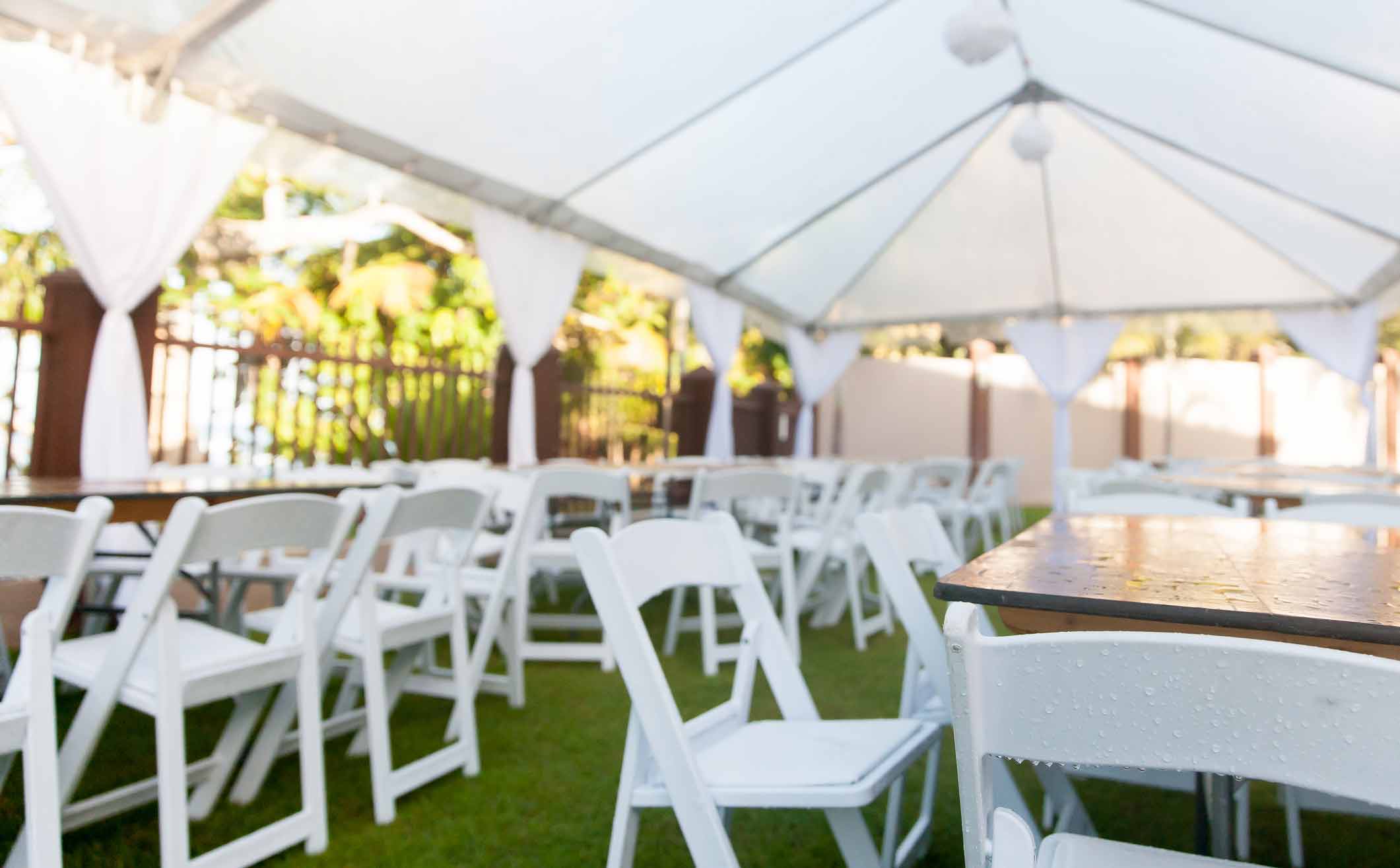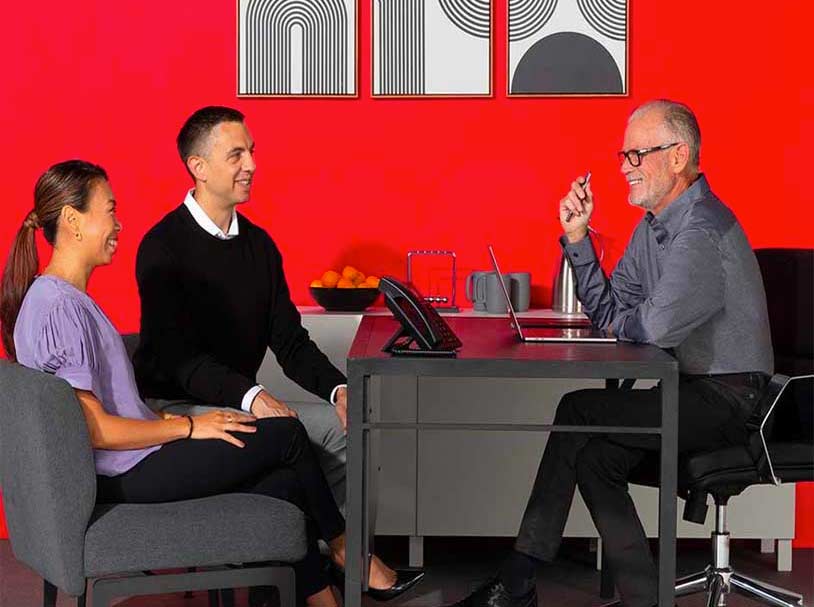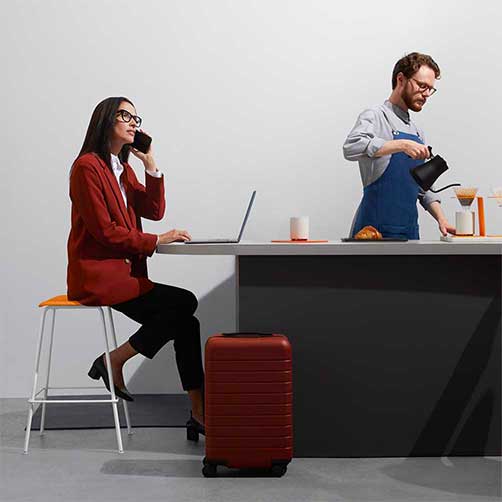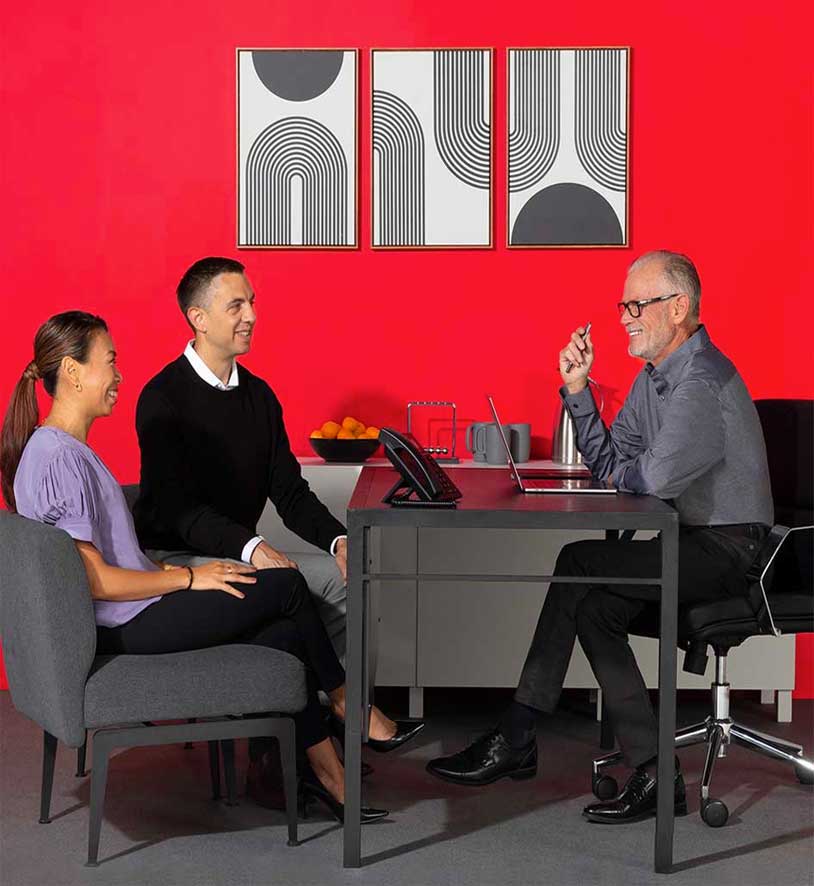Your 2021 guide to outdoor business events

Thinking about running an event in the age of COVID? Before you send out invitations, take a few minutes to review these key questions to plan a safe and successful business event outdoors.
Planning an outdoor business event: Key things to organize.
Think through the following topics to organize a successful event. You may find it helpful to schedule a series of video conference calls, especially if you have a larger event.
Figure out local health regulations.
Before planning an event, check with your city, county and state health departments for guidelines and restrictions due to concerns about COVID-19. The health orders may change, so it is important to confirm that the event complies with any health orders in effect on the day of your event.
Establish an event goal.
Before buying supplies, decide on the goal and target audience of the event. For example, you might choose to run an event to recognize your employees. You might hold a fundraiser or outdoor event to celebrate opening a new location and drive new business or promote a seasonal sale. If the company event is mainly focused on sales, organize in advance to have sufficient inventory and easy ways to order goods.
Anticipate how many attendees you expect.
The number of attendees you plan for makes a big difference in the complexity and cost of an event. A small event with 10 attendees could be held in the company parking lot. By contrast, a larger event might require a venue and greater logistical support if you intend to offer sporting activities, food, drinks and more to event attendees. Larger events might also require security staff to manage crowds. Also, be sure to check any COVID-19 health orders for restrictions or requirements that vary based on the number of attendees.
Get the event equipment and supplies you need.
The equipment and supplies you require depend on local health requirements. Customers might feel more comfortable attending an event if hand sanitizer is provided. If you are organizing a sporting event, think about equipment needs. For example, attendees might feel more comfortable bringing their own clubs to a golf event. Consider the cost of renting equipment for those who might not have their own equipment.
Renting portable toilets may be helpful when there is limited or no access to traditional restroom facilities. For an event with 50 or fewer people, one portable toilet may be sufficient, while larger events may need more facilities.
If you are unsure about what equipment and supplies are needed, talk to event planners in your area and ask for advice.
Plan food and drinks.
Before the pandemic, it was common practice to offer food and drink to event attendees. Customers may still expect free food and drink when they come to an event. Therefore, it is helpful to think of public health-friendly options such as drinks in sealed containers and food in single-serving containers. Likewise, asking servers to wear masks and gloves may help reassure event attendees. If you have adequate parking space, inviting food trucks to serve food and drink may be a good choice because they make it easy to offer various choices to event attendees.

Check the weather.
Have a backup plan in mind so you’re prepared for inclement weather like rain or a temperature spike. If the event is small, moving it inside may be an option if COVID-19 health orders allow. However, a large outdoor event might not be easily moved. In that case, providing additional equipment and supplies like rain ponchos, tents and portable heaters may be helpful. In the event of a heat wave, moving people to a cooler area and offering bottled water can help. While these additional supplies will be well received, they will probably not be able to counteract strong winds, hail, significant rain and other challenging weather.
Staff the event.
Your company’s employees may already have their hands full with their current responsibilities. Asking them to take on running a complex event may be too demanding. Instead, think about working with event planners to organize the event. If your business is spending a lot of money on the occasion, it might be worthwhile to look into event insurance.
Promote the event.
Without promotion, you could spend significant time and money on the event and have a disappointing turnout. The promotion methods you use will depend on the scale and complexity of the event. For instance, a customer appreciation event focused on your top 10 customers could be promoted by a series of business phone calls. You might decide to promote a much larger and public event with social media.
During the event: Guiding principles.
Use these successful event management tips to keep employees, vendors and attendees happy and safe.
- Manage event technology. Imagine if a critical company laptop with vital event information fails hours before the event. This risk can be reduced by backing up event information and having redundancies in place, like multiple laptops, extra power cords, speakers and more.
- Have extra seating. You might plan for an event with 50 people, but more people may show up. To reduce the chances of disappointing event attendees, consider renting folding or stacking chairs that can be stored without taking up much space.
- Plan for issues with speakers. It is wise to have a backup plan if your star event speaker doesn’t show up. For example, you might offer live music instead.
- Encourage social media participation. Make it easy for event attendees to share their experiences on social media including photos. For example, create an event hashtag that is short and memorable like “#CES2019” (i.e., the 2019 CES event). Before choosing an event hashtag, search on social media first to see if anybody else is already using it for their events; using a hashtag that some other event is using may create confusion. To encourage social media postings, you might consider offering a prize for the best photo or post.
What to do after running a successful event.
Depending on how many people came to the event, you might decide to run events directly or support existing events. For example, you might sponsor a local youth sports team. Use the following tips to understand what people liked and how you can improve future events.
- Employee feedback. Schedule a conference call with employees to seek out their feedback. Ask them about compliments and complaints received from attendees. Find out if there was proper equipment and ample supplies (e.g., Did the food trucks run out of food?)
- Feedback from event planners. If you used event planners to support your event, ask for their opinions about what went well and what you should change to create an even more successful event in the future.
- Event attendee surveys. Send a short survey to everybody who registered for the event to find out what they liked. For a business event, you might ask questions about the quality of networking opportunities and feedback on speakers.
Take some time to reflect on the feedback you receive. Some people might complain about hard-to-control factors like inclement weather. However, other types of comments, like the lack of hand sanitizer, are easier to address in a future event. Reviewing negative comments can be hard, but look at them as gifts. They’re a great way to avoid making the same mistakes twice.

Learn more about how Ooma Office can help your business.
Thank you!
An Ooma Office Sales Representative will be in touch shortly.
866-573-0707


Learn more about how Ooma Office can help your business.
Just call 877-621-0515 or click this to CHAT. Or, fill out this form and someone will reach out to you shortly.



